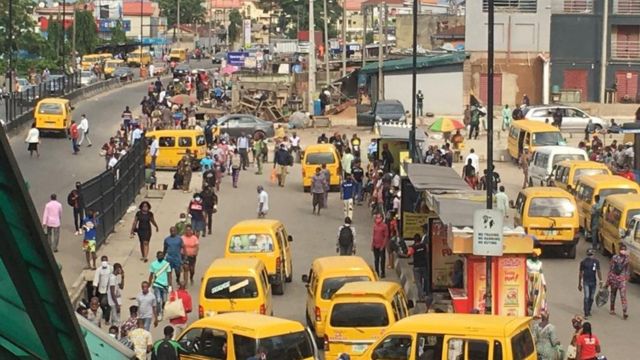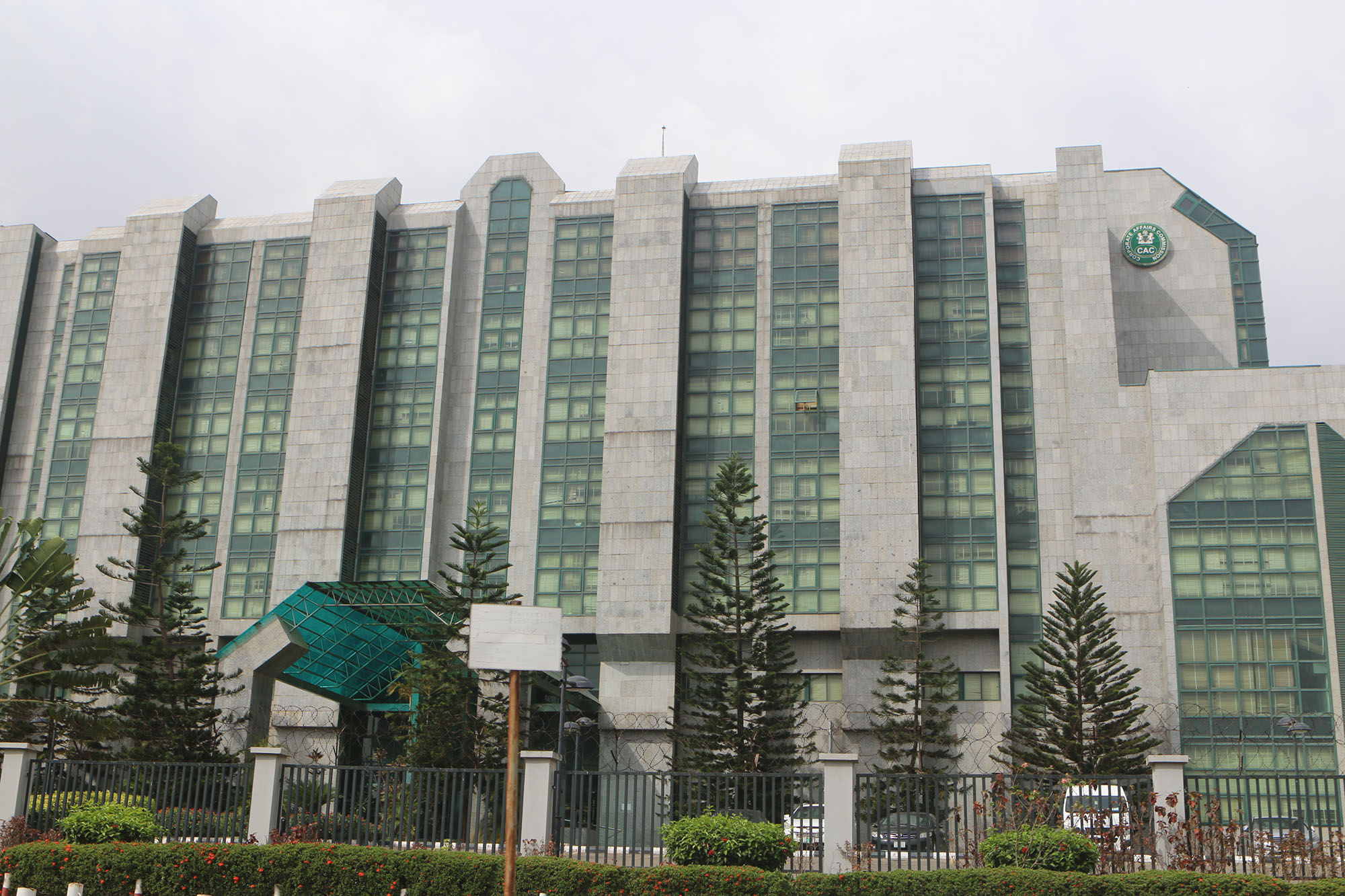BY GBENGA ONABANJO
I wonder why she is never idle in the morning after I have had my fill. A long walk ensues along the beautiful park that boasts of a large expanse of greens and rolling lawns dotted with trees with fallen leaves and different colours of the rainbow. I hear the birds chirping, see the squirrels with their bushy and woolly tails rummaging through the woods, the dogs wagging their tails as they enjoy the company of their hosts on the routine morning and evening walks. I see the rays of the early morning sun waltzing through the tree branches. What a beautiful fall season.
The whole scenario changes. The trees have disappeared. Still enjoy the morning and evening walks, but I see mud houses, patched footpaths, ducks, and mother hen with her chicks chuckling. I see the goats roaming about, grazing freely. A more village-like setting. Hmmm!
Then I hear someone say, “Push!” Suddenly, bright light shows up. Babies’ screams here and there. “It’s a boy, congratulations!” With eyes closed, I clutch my mother, suck, and suck.
Advertisement
The above narrative was in my mind’s eye—conceived in England, born in Nigeria. A Tokunbo, you may say.
The scenario depicts the vast contrasts existing in our environments in the late 1950s between England and Nigeria. Even in the 2020s, the contrasts have not been bridged. We need to create a pedestrian-friendly environment for ourselves in Nigeria.
Walking, which is putting one foot in front of the other, is simple and can be a life-altering experience. It is the cheapest form of transportation and is an empowering combination of commitment leading to triumph, celebration, and camaraderie. Walking can carry our healthy beating hearts well into our nineties and beyond, and can add to our quality of life. It helps to keep our hearts strong and healthy. It reduces stress, whilst it improves productivity. It gives us a clear head and improves our bowel movement. It helps the environment with its zero carbon footprint and low carbon emission.
Advertisement
To have a good walking or pedestrian experience, we need an environment that is conducive, friendly, safe, and welcoming.
In Lagos, people travel from the mainland to the Lekki-Ikoyi Link Bridge to embark on a walking exercise. They seek a conducive, friendly, safe, and refreshingly welcoming environment.
This experience can equally be achieved within our communities if we pay attention to creating a pedestrian-friendly environment. Such an experience could be created on a much longer stretch of roads like Ketu to Western Avenue, Ketu to Ebute Metta via Yaba. The areas have been so planned; all we need to do is pay attention to them and make them pedestrian-friendly.
The benefits we derive from walking are immense. The situation where we stay at bus stops for hours waiting for a bus to take us on a 5-kilometer journey can be avoided. If the environment is friendly, we can walk conveniently every such distance.
Advertisement
In our clime, we need to entrench this idea in our urban and physical planning.
The following must exist for the environment to be considered pedestrian-friendly:
The rights of the pedestrian.
Provision of sidewalks.
Provision of crosswalks.
Provision of security and safety measures to sidewalks.
Good and unencumbered surfaces of sidewalks.
Pedestrian bridges, where necessary.
Dedication of pedestrian traffic signals at signalized junctions.
Making the sidewalks wide enough.
Preventing trading on sidewalks.
Preventing parking on sidewalks.
These are by no means exhaustive but are some ways of achieving a pedestrian-friendly environment and improving the walkability index of our cities.
Advertisement
Onabanjo is the founder of GO-Forte Foundation, an organisation dedicated to the restoration of the environment.
Advertisement
Add a comment






